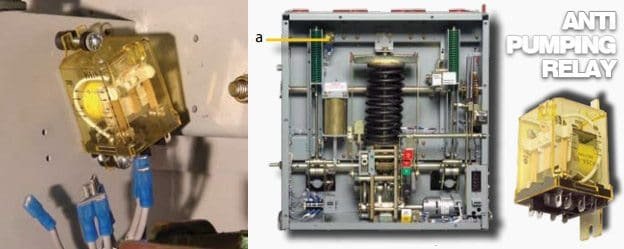Both alternators and generators are devices that produce electricity. They are very important in our daily lives. But, do you know the Difference between an Alternator And a Generator ? Let’s find out!
Key Difference between an Alternator And a Generator
The key difference between an alternator and a generator lies in the structure of their rotating and stationary components.
Alternator:
- Structure: The magnetic field rotates around a stationary armature.
- Output: Alternating Current (AC)
Generator
- Structure: The armature rotates inside a stationary magnetic field.
- Output: Direct Current (DC) or Alternating Current (AC)
In essence:
- An alternator is a type of generator specifically designed to produce AC power.
- A generator is a broader term encompassing devices that convert mechanical energy into electrical energy, whether it’s AC or DC.
Frequently Asked Questions
What Is An Alternator?
An alternator generates alternating current (AC) to power a vehicle’s electrical systems and charge its battery.
What Is A Generator?
A generator converts mechanical energy into electrical energy, producing either alternating current (AC) or direct current (DC).
How Do Alternators Work?
Alternators use a rotating magnetic field to induce an alternating current in the stator windings.
How Do Generators Work?
Generators use electromagnetic induction to convert mechanical energy into electrical energy.






